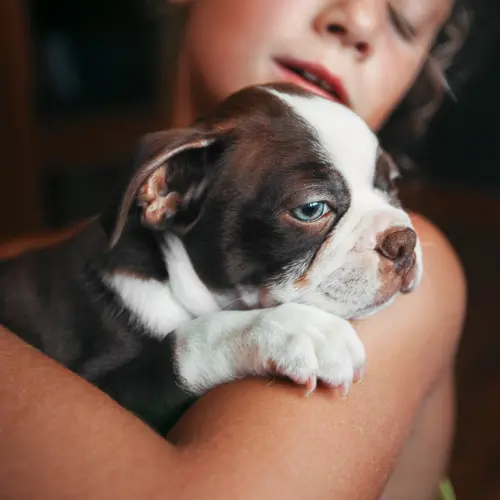Even the best-behaved dog can go No. 2 in the house sometimes. If it happens more often than usual, your furry friend may have a problem. Illness, aging, and emotional issues could be to blame. But you should consider those causes only if you know your dog is housetrained -- in your home.
If you adopt an adult, housetrained dog, it may have accidents at first. A few reasons:
- Stress
- A new schedule
- Not knowing how to “ask” you to go out
The problem should go away in a few weeks, when your new pet gets used to the family routine.
It could be that your pooch isn’t well trained. Whether you have an adult dog or a puppy, you’ll need to teach them to do their business outside. Set a routine, watch your dog as much as you can, and have someone take them out if you’re going to be away.
When your adult dog starts to poop indoors out of the blue, it’s time to explore different causes.
Medical Reasons
You may want to start with a call to your vet, especially if your dog’s stools are loose or if they have diarrhea. This could be a sign of coliitis, when their stomach, small or large intestines are inflamed. Possible causes include:
- Parasites like roundworms, hookworms, and giardia
- Food intolerance or allergy
- Bacteria
- Viruses
- Inflammatory bowel disease
- Bowel cancer
There may be other medical reasons your dog poops indoors. That’s why it never hurts to rule out these problems first.
Aging
Have you noticed your dog poops more in the house as they get older? You aren’t alone. Older dogs often have fecal incontinence, or a lack of bowel control. Here’s why:
They can’t “hold it” like they used to. As they age, they may need to go to the bathroom more often. They might also lose strength in the muscles that keep poop inside their body.
They forget to go. Your older pup may have a condition called canine cognitive dysfunction. It’s like Alzheimer’s disease in people. They could forget what to do on walks, then come inside and poop. Talk to your vet or a pet therapist about treatment options.
They have other health issues. One that affects mainly older dogs is called canine degenerative myelopathy. It often starts with hind-end weakness and can lead to incontinence.
What can you do? When home, you can limit the mess by letting your dog out more often. When you’re away, hire someone to let them out, and keep them in a part of the house where cleanup is easy.
Pain or arthritis. It may be painful for them to posture to poop (the squatting position can be uncomfortable with any joint or muscle changes).
Separation Anxiety
If your dog gets stressed when you leave the house, they could have separation anxiety. Signs include scratching at doors and windows, destructive chewing, howling or whining, and going potty inside the house.
Different dogs have different reasons for this panicked response. Some aren’t used to being alone. Others can’t handle a change in routine. Whatever the cause, there are steps you can take to lessen the problem:
- Don’t make a big deal about leaving the house or coming home.
- Talk to your vet about over-the-counter calming aids.
- Ask the vet about prescription drugs that calm anxiety.
- Confine your dog to a room with windows and toys to limit destruction.
- Leave your dog with some recently worn clothes. Your smell can have a calming effect.
Fear of Loud Noises
When dogs are afraid, they often pee or poop in the house. Loud noises, from the rumble of thunder to the boom and crack of fireworks, are common triggers. While you can’t stop the sounds outside, you can train your dog be calmer when they hear loud noises.
Create a safe and happy space. For dogs, a safe space will usually be dark and relatively small. It may be a closet, a crate, or even under your bed. Encourage (but don’t force) your dog to go there when loud noises strike. Provide treats or other rewards so they associate that space with happy things, not scary sounds.
Provide distractions. At the first sign of stress from loud noises, give your dog something fun to do. Play fetch with a tennis ball, offer a new squeaky toy, or practice commands with treats. Don’t expect to get rid of all their worries on the first try. The aim should be to delay fearful behavior longer each time.
If these problems and fixes don’t apply to your dog, don’t worry. Once your vet has ruled out medical reasons for dog poop indoors, a dog behavior expert can help you get to the root of the problem and help you fix it, too.

